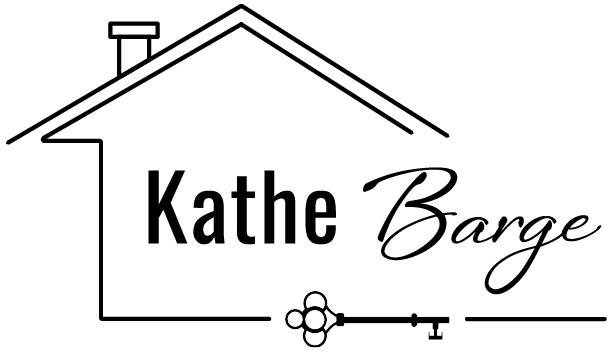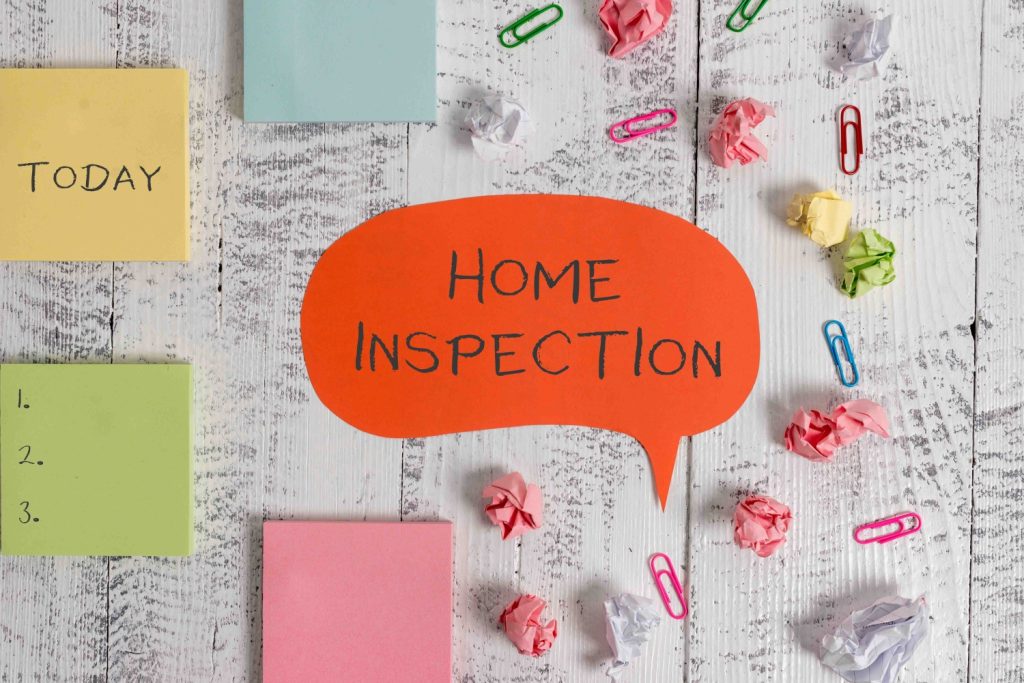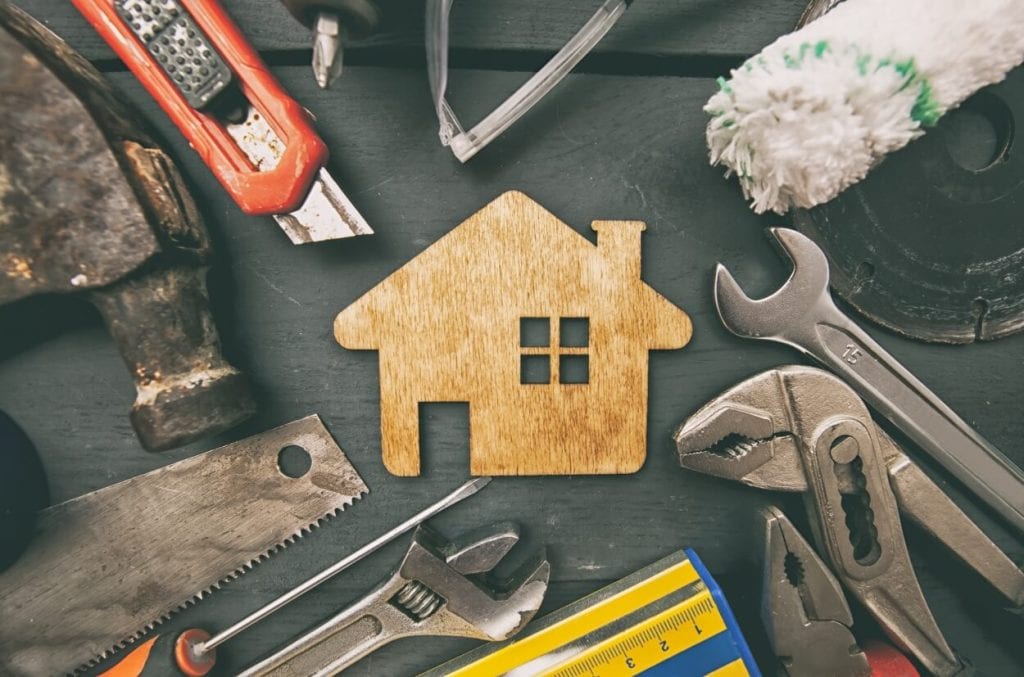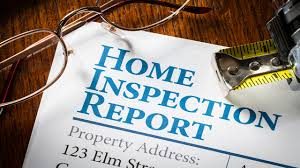
Understanding the Home Inspection

We find the inspection process confusing – do we have to fix everything in the inspection report before we close on our home or just the repairs the buyer requested?
The home inspection report is the document from which your buyer works to make their repair requests of you. Some buyers will ask for everything and others will ask for only those items that they think are important. They may let some things go, for example, if they are planning on renovating an area and anticipate fixing those items as a part of the renovation.
Once you and your buyer agree on a list of repairs, these are memorialized on an addendum. It is that addendum, called a Change in Terms Addendum (“CTA”), from which you work when completing your repairs. You need not refer to the inspection again unless the CTA references it. You do, however, need to make sure that you do everything on the CTA exactly as specified, so be sure to read it carefully and provide a copy to your contractor(s). For example, if the CTA says that you will have GFCI outlets installed by a licensed electrician then you need to make sure you hire a licensed electrician, and not your favorite handyman, to make the repair! If the CTA says you must paint to match existing then you need to take a sample of the existing paint to the paint store and color match it – don’t rely on old paint in cans – paint fades with age and it won’t match. Be very careful to be sure you are complying with the terms of the CTA – if you do not, or if your contractor does not, your closing may be delayed or postponed until the work is done as specified. Along those lines, be sure to review your contactor’s work when complete and make sure that he actually did what you agreed to do on the CTA. If not, request that he return before it becomes a walk-through issue.
And of course, be sure to get paid receipts from all contractors, or if they have not been paid, notify the closing company so that they can be paid at closing. All repairs must be paid for before ownership changes hands so be sure to stay on top of your bills, and provide receipts to the buyers agent.
QUICK SEARCH

Associate Broker
HOWARD HANNA
REAL ESTATE SERVICES
401 Broad Street
Sewickley, PA 15143
Cell: 412-779-6060
Office: 412-741-2200 x238
kbarge@howardhanna.com











 Whether you are planning to sell your home this coming year or not, the best thing you can do to your home is a home inspection! We all live in our homes but rarely take the time to stop and give them a careful look. Weather beats up the outside of our homes year round. Caulking fails, flashing fails, paint peels and exposes wood to rot. We forget to clean our gutters on a regular basis – gutters and downspouts fill with decaying debris, causing water to back up into our homes and cause mold problems. We forget to have our furnaces serviced and fittings loosen and cause condensate to leak and rust our furnaces. The list goes on and on. Simply living in and not doing a regular check up on your home, you are leaving it open to the possibility of major repair bills later and major depreciation in your investment’s value. A home inspection will give you a to do list of projects to tackle throughout the year to keep your home in great shape and maintain its value!
Whether you are planning to sell your home this coming year or not, the best thing you can do to your home is a home inspection! We all live in our homes but rarely take the time to stop and give them a careful look. Weather beats up the outside of our homes year round. Caulking fails, flashing fails, paint peels and exposes wood to rot. We forget to clean our gutters on a regular basis – gutters and downspouts fill with decaying debris, causing water to back up into our homes and cause mold problems. We forget to have our furnaces serviced and fittings loosen and cause condensate to leak and rust our furnaces. The list goes on and on. Simply living in and not doing a regular check up on your home, you are leaving it open to the possibility of major repair bills later and major depreciation in your investment’s value. A home inspection will give you a to do list of projects to tackle throughout the year to keep your home in great shape and maintain its value! For those of who just picking up the conversation today, check out my blog at
For those of who just picking up the conversation today, check out my blog at 

 If you are a home seller, there is an ever increasing list of items that you will be expected to address if any are discovered on your home inspection. Given that, if you are thinking about selling your home, it would be a good idea to determine if any of these conditions exist at your home and remedy them prior to listing your home. Items that sellers are generally expected to address these days include:
If you are a home seller, there is an ever increasing list of items that you will be expected to address if any are discovered on your home inspection. Given that, if you are thinking about selling your home, it would be a good idea to determine if any of these conditions exist at your home and remedy them prior to listing your home. Items that sellers are generally expected to address these days include: Our market has traditionally been one where buyers know they are buying old homes and allow the seller some leeway in not presenting a “perfect” home from an inspection standpoint. However, in many parts of the country, this is not the case. Sellers are expected to remedy all issues noted by home inspectors prior to closing. As more and more people migrate here from other parts of the country, our prices are going up, but so are the buyers’ expectations as to a seller’s responsibility for concerns discovered on a home inspection. At the same time, inspectors are getting significantly more particular. And so yes, it is absolutely possible to have purchased a home only two years ago and have new concerns arise that clearly existed and were overlooked when you bought your home. And yes, it is equally possible that you will be expected to fix them and if you refuse, your sale might fall through.
Our market has traditionally been one where buyers know they are buying old homes and allow the seller some leeway in not presenting a “perfect” home from an inspection standpoint. However, in many parts of the country, this is not the case. Sellers are expected to remedy all issues noted by home inspectors prior to closing. As more and more people migrate here from other parts of the country, our prices are going up, but so are the buyers’ expectations as to a seller’s responsibility for concerns discovered on a home inspection. At the same time, inspectors are getting significantly more particular. And so yes, it is absolutely possible to have purchased a home only two years ago and have new concerns arise that clearly existed and were overlooked when you bought your home. And yes, it is equally possible that you will be expected to fix them and if you refuse, your sale might fall through. Sewer lines have become as radon was 20 years ago – today’s hot button for home buyers. In some boroughs (Mt Lebanon, for example) the borough now requires that before a home seller can transfer ownership, the sewer line must be scoped and must be without issues. Here in the Sewickley area, we do not have any boroughs imposing any such requirement on home sellers, but many buyers today do have a scope performed of the sewer line as part of their home inspection. And yes, if issues are discovered, they do expect the seller to remedy them. If a sewer line needs to be replaced, the cost will likely be between $5,000 and $10,000.
Sewer lines have become as radon was 20 years ago – today’s hot button for home buyers. In some boroughs (Mt Lebanon, for example) the borough now requires that before a home seller can transfer ownership, the sewer line must be scoped and must be without issues. Here in the Sewickley area, we do not have any boroughs imposing any such requirement on home sellers, but many buyers today do have a scope performed of the sewer line as part of their home inspection. And yes, if issues are discovered, they do expect the seller to remedy them. If a sewer line needs to be replaced, the cost will likely be between $5,000 and $10,000. What a Seller needs to be prepared for on a home inspection needs to be evaluated in the context of the entire deal! Both buyers and sellers need to keep things in perspective. If a Buyer got a great deal on a home, then the inspection should be more about major things that the Buyer could never have known about. If a Seller got top dollar for a home, the Seller should expect to be very generous on the inspection resolution with the buyers. Sellers do need to expect that a buyer paying close to asking price will expect the inspection items to be addressed by the Seller unless the Seller had disclosed them on the Disclosure.
What a Seller needs to be prepared for on a home inspection needs to be evaluated in the context of the entire deal! Both buyers and sellers need to keep things in perspective. If a Buyer got a great deal on a home, then the inspection should be more about major things that the Buyer could never have known about. If a Seller got top dollar for a home, the Seller should expect to be very generous on the inspection resolution with the buyers. Sellers do need to expect that a buyer paying close to asking price will expect the inspection items to be addressed by the Seller unless the Seller had disclosed them on the Disclosure.